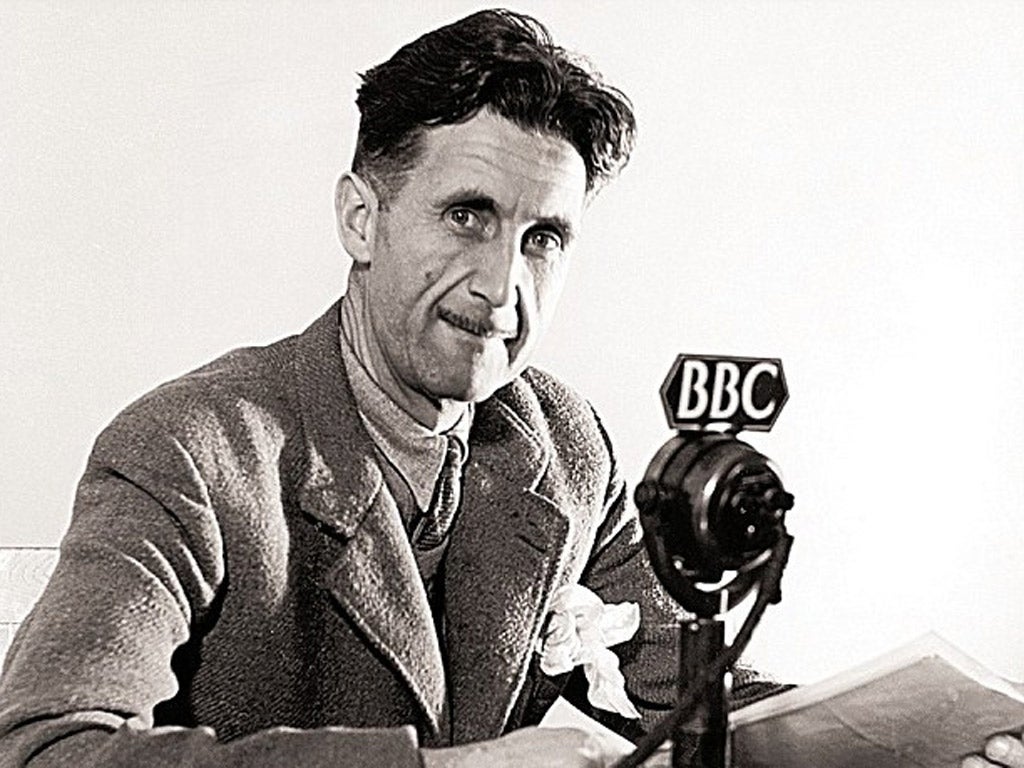George Orwell: English Rebel, Robert Colls - paper back review
Uxford University Press, £12.99

George Orwell’s essential Englishness is not often discussed. He’s familiar to us as the swashbuckling socialist, heading off to Spain to fight the fascists, or the world-famous public intellectual, inveighing against Stalinist tyranny. But the English Orwell – the self-professed “lower upper middle-class” Old Etonian, tending the aspidistra in the thin light of a Hampstead drawing room — is more difficult to picture.
There are, of course, different kinds of Englishness, and one way of understanding the trajectory of Orwell’s career is as a quest to find one that he could bring himself to believe in. That’s the thesis of Robert Colls’s superb biography, which examines how Orwell’s sense of England was forged as a schoolboy on the Eton playing fields, as a police officer in the Burmese jungle, and, in the 1930s, as a writer investigating the Wigan coal mines. There he encountered working-class traditions and a sense of community that constituted an Englishness he could learn to love and passionately defend – even if he was unable to understand it fully .
Ostensibly an academic text, Colls’s book is both authoritative and gloriously readable. Colls writes like an offbeat mixture of Isaiah Berlin and Clive James – which is to say, like a dream – and his lucid interpretation of Orwell’s life and work makes sense of his various contradictions. He was “an intellectual who did not like intellectuals, a socialist who did not trust the state, a writer of the left who found it easier to forgive writers of the right, a liberal who was against free markets, a Protestant who did not believe in God even if he believed in religion, and a dissenter who believed in Dissent even if it was only to enjoy the right to dissent from it.”
So: English, basically.
Join our commenting forum
Join thought-provoking conversations, follow other Independent readers and see their replies
Comments
Bookmark popover
Removed from bookmarks